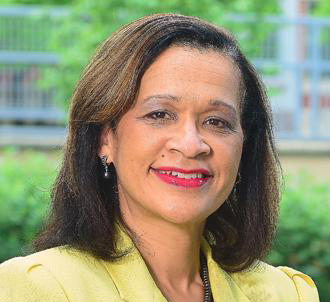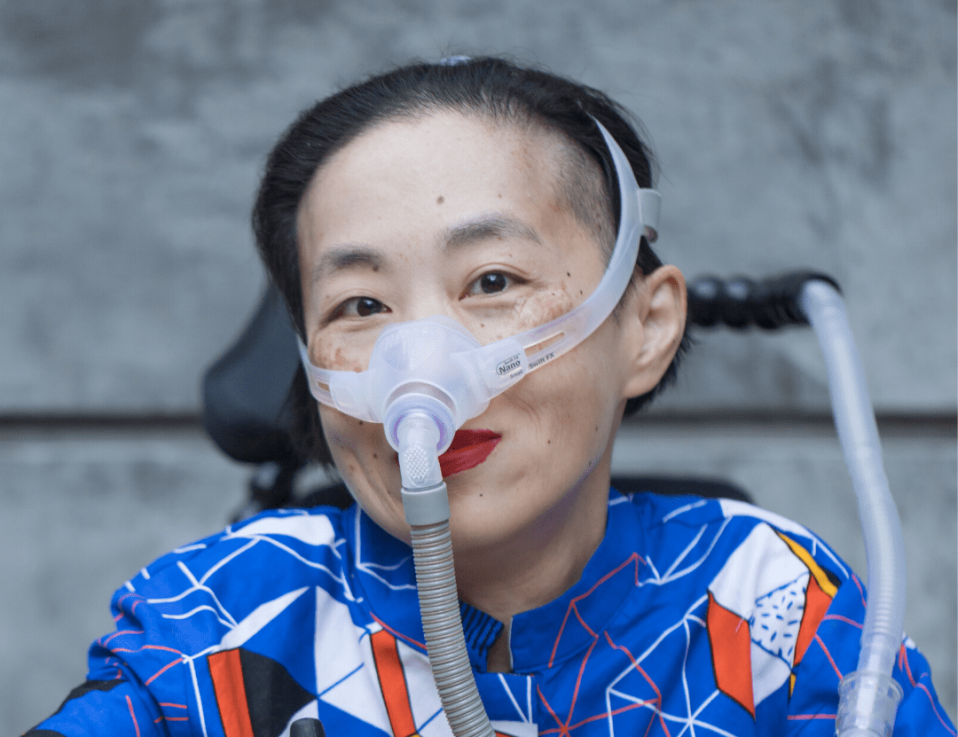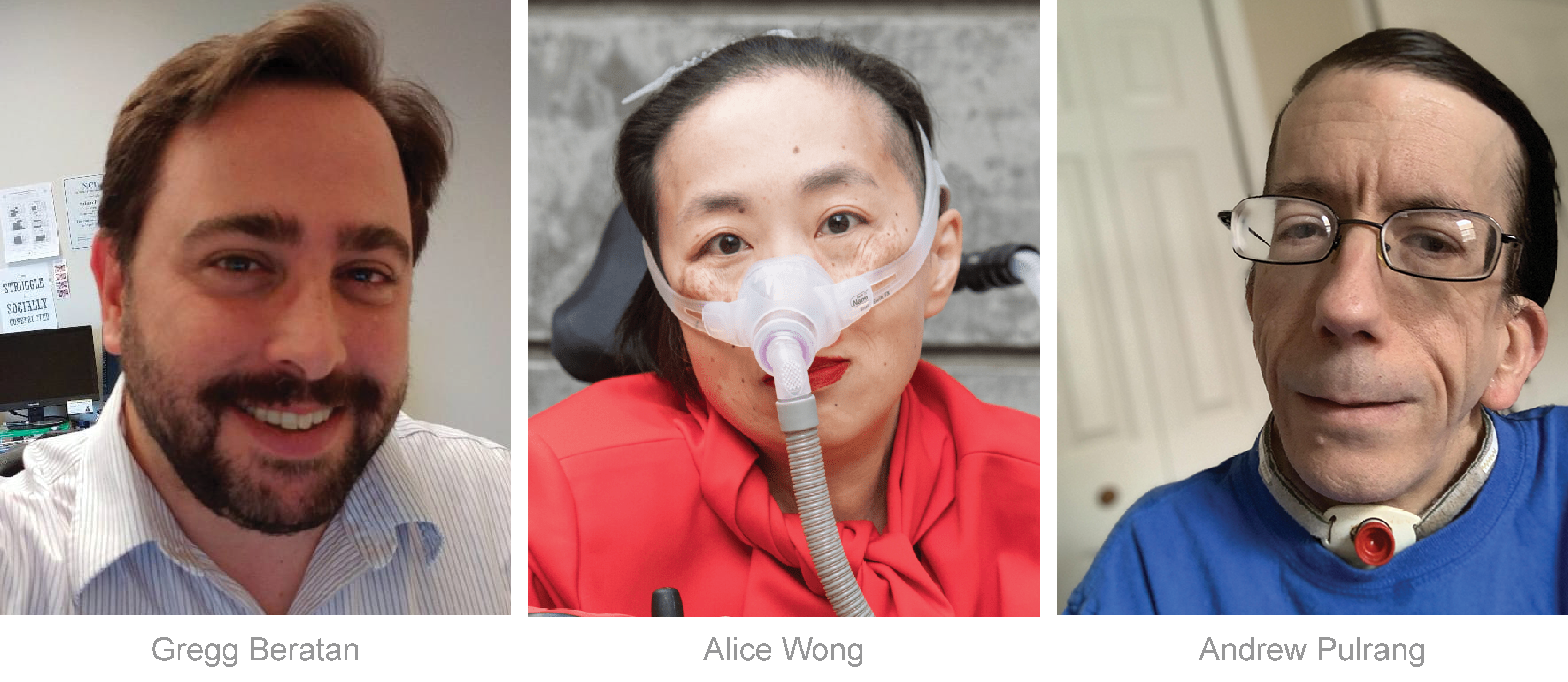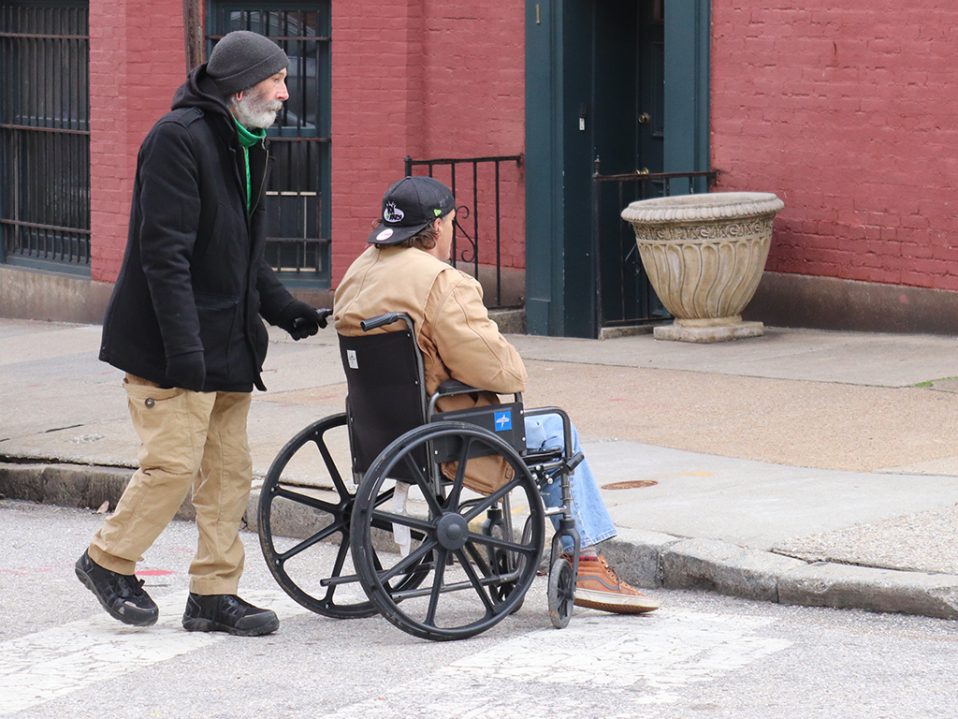Baltimore, MD – Three wheelchair users and the IMAGE Center of Maryland have filed a class action lawsuit alleging widespread and ongoing violations of federal accessibility requirements by the City of Baltimore for its failure to properly install and maintain curb ramps and sidewalks. These violations severely impact the ability of people with mobility disabilities to access sidewalks and curb ramps, making it difficult or impossible for them to fully and equally participate in civic life in Baltimore.
“Accessible curb ramps and sidewalks are necessary to achieving the integration and equal opportunity mandates of the Americans with Disabilities Act and other disability non-discrimination laws,” said Linda M. Dardarian, a Partner at Goldstein, Borgen, Dardarian & Ho. “They’re also critical to the safety and well-being of people with mobility disabilities who would otherwise be faced with the terrible choice of either risking their personal safety by traveling in the streets or staying home and foregoing participation in community life.”
Baltimore’s lack of accessibility harms Plaintiffs Susan Goodlaxson, Janice Jackson, and Keyonna Mayo; Plaintiff IMAGE Center’s constituents with mobility disabilities; and all other persons with mobility disabilities who live in, work in, or visit Baltimore. Imagine not being able to safely cross your street to visit a neighbor or navigate around the block where you live. This is a frequent reality for Plaintiffs Goodlaxson, Jackson, and Mayo.
There are no curb ramps at any of the corners of the Glenmore Avenue block where Ms. Goodlaxson lives. So, she cannot cross the streets on her block. “I manage life quite well in my wheelchair, but all too often I hit a curb and can’t do things I love — like volunteering in my community or joining my grandson for a snowball,” says Ms. Goodlaxson. Adds Ms. Jackson, who is unable to travel by sidewalk on Loch Raven Boulevard to go shopping or access major facilities in the area, “Individuals with disabilities should not have to fear entering their communities because of the unsafe condition of the sidewalks.” Likewise, Ms. Mayo is unable to use sidewalks to travel to the Post Office or Light Rail in her area.
Baltimore’s own data demonstrate that there are systemic barriers to the accessibility of the City’s pedestrian right-of-way. In 2019, the City conducted a multi-phase evaluation of its curb ramps. Only approximately 1.3 percent of the 37,806 surveyed curb ramps were found compliant with the ADA. Although the focus of the 2019 survey was on curb ramps, notes from that survey also document widespread problems with sidewalks, including sidewalks that were damaged or too narrow, which can make them unusable by people who use wheelchairs, scooters, and other mobility aids, so that people with mobility disabilities have to travel in the street with cars.
Plaintiff IMAGE Center is an independent living center located in Baltimore County which advocates for and promotes independent living for all persons with disabilities living in Central Maryland, including Baltimore. Michael Bullis, Executive Director of the IMAGE Center says, “Baltimore needs to be a welcoming place for all. So long as only two percent of the city is fully accessible, we aren’t that place. This lawsuit will hopefully awaken city leaders to a vision of our city that includes all people, including those of us with disabilities.”
Rebecca Rodgers, Senior Staff Attorney at Disability Rights Advocates, adds, “It has been more than 30 years since the passage of the ADA. Baltimore should have established procedures to make its pedestrian rights of way accessible to people with mobility disabilities long before now. We expect that this lawsuit will compel Baltimore to make the necessary changes to ensure that people with disabilities can safely use sidewalks and curb ramps.”
Plaintiffs are represented by the Civil Rights Education and Enforcement Center (CREEC); Disability Rights Advocates (DRA); Goldstein, Borgen, Dardarian & Ho (GBDH); and Disability Rights Maryland (DRM).
“We and our clients intend for this lawsuit to result in Baltimore implementing comprehensive construction and remediation of curb ramps and sidewalks. People with mobility disabilities must have equal access to pedestrian travel when living in, working in, and visiting Baltimore,” said Martie Lafferty, Director of the Accessibility Project at CREEC.









